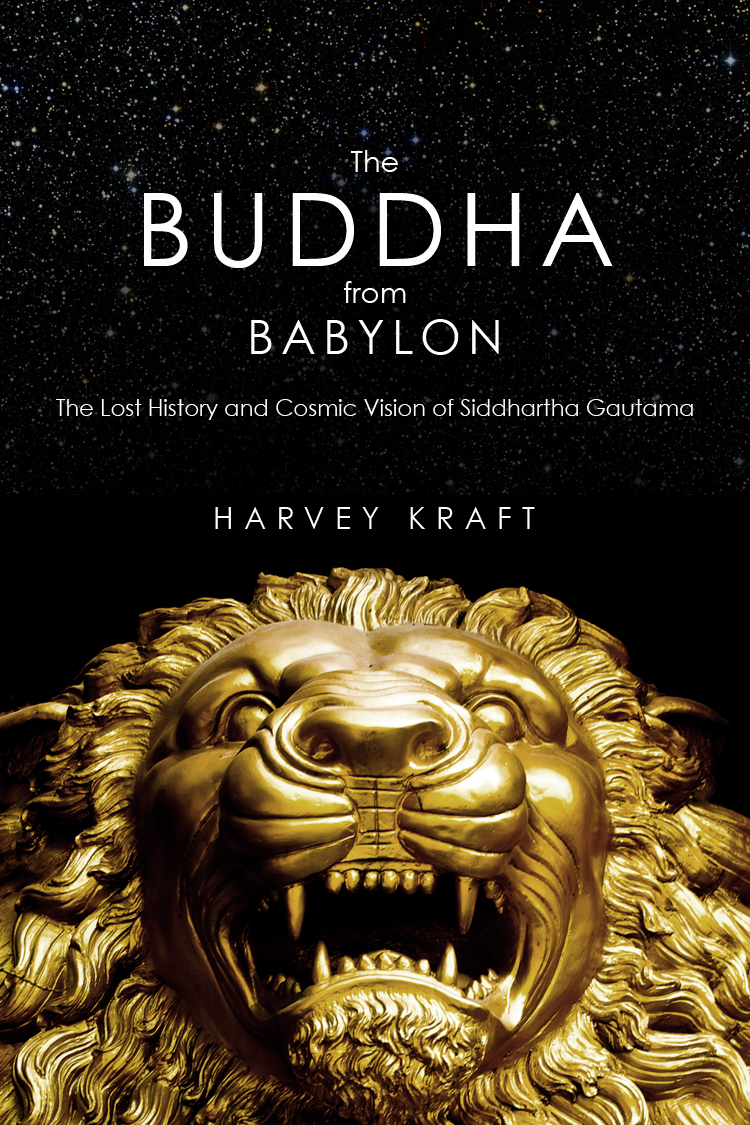The Buddha Changed How We See Our Self
/Do you believe that your soul collects information and submits a report when you get to an afterlife destination? While we can all agree that any discussion about what awaits us beyond death is a matter of belief, Buddhism paints a very different scenario. The Buddha saw the scope of life as a never ending, renewable journey through numerous mortal lifetimes. He regarded heaven and hell as descriptive of two kinds of conditional states one can experience in the here and now...whether one is mired in delight or pain, one's state of being shapes our reality...encompassing our mind, body, relationships and surroundings.
The Buddha did not speak of reincarnation in a literal sense. He spoke of transmigration, a non-chronological, pattern of manifestation based on relationships. Transmigration says that we travel in and out of existence...holding on to relationships based on the strength of our bond. This works somewhat like the field of gravity that causes our planet to revolve around the Sun. It is difficult to fathom it in relation to our own renewal in an incarnate form, because we are unable to see before or after our present existence.
To see who you really are in such a scheme you would need to look through the eye of a Buddha (enlightened vision is boundless, formless and clear). To get your head around such a grand scope of Existence, you would need to see beyond the limits of your present mortal identity.
So who is it that is transmigrating? Who are you in a cosmic sense?
Here are my thoughts, which I share as an American Buddhist living in a modern world. In my view the issue of "self" in Buddhism is not the same as the "self" used in modern psychological terms, nor is it the "self" referred to as "soul" in ancient times.
The Buddha taught that from birth human beings are caught in a default process that shapes our perception of who we are and who we are becoming. This self-referential identity is defined by our interactions with the conditions of our Existence. Samsara is a Sanskrit word that describes the six most basic states of being — Hell, Hunger, Anger, Fear, Humanity and Heaven. These conditions manifest in physical, psychological, emotional, spiritual and environmental contexts. Depending on the person, some people are stuck in a repeated state of being, while others are constantly moving among these various states.
Buddhism today is defined by various practices, such as meditation, chanting, scripture recitations and prayers, substantially designed to overcome pain and suffering so that you can be liberated from the common human experience of being engrossed in your "self." But, if these practices are focused on oneself, is Buddhism nothing more than a practice for tinkering with and fixing "who you are?"
Actually, Buddhists seek awareness of who they really are, not just as temporary mortals, but as evolving cosmic travelers. What is evolving is karma, rather than soul, the information that constitutes our "self." This is not the usual "self" defined by ego, lifestyle or possessions. By raising your mind and life-energy to higher levels of learning, realization, selflessness and enlightenment, the Buddha taught, you can identify the illusions of your "default self" that holds you back from manifesting True Self (Skt. Svabhava). Rather True Self is a universal identity. It is the enlightened essence that we all share as we travel together through many lives, coming together or going our separate ways, but always in search of re-discovering who we really were before we were born.




